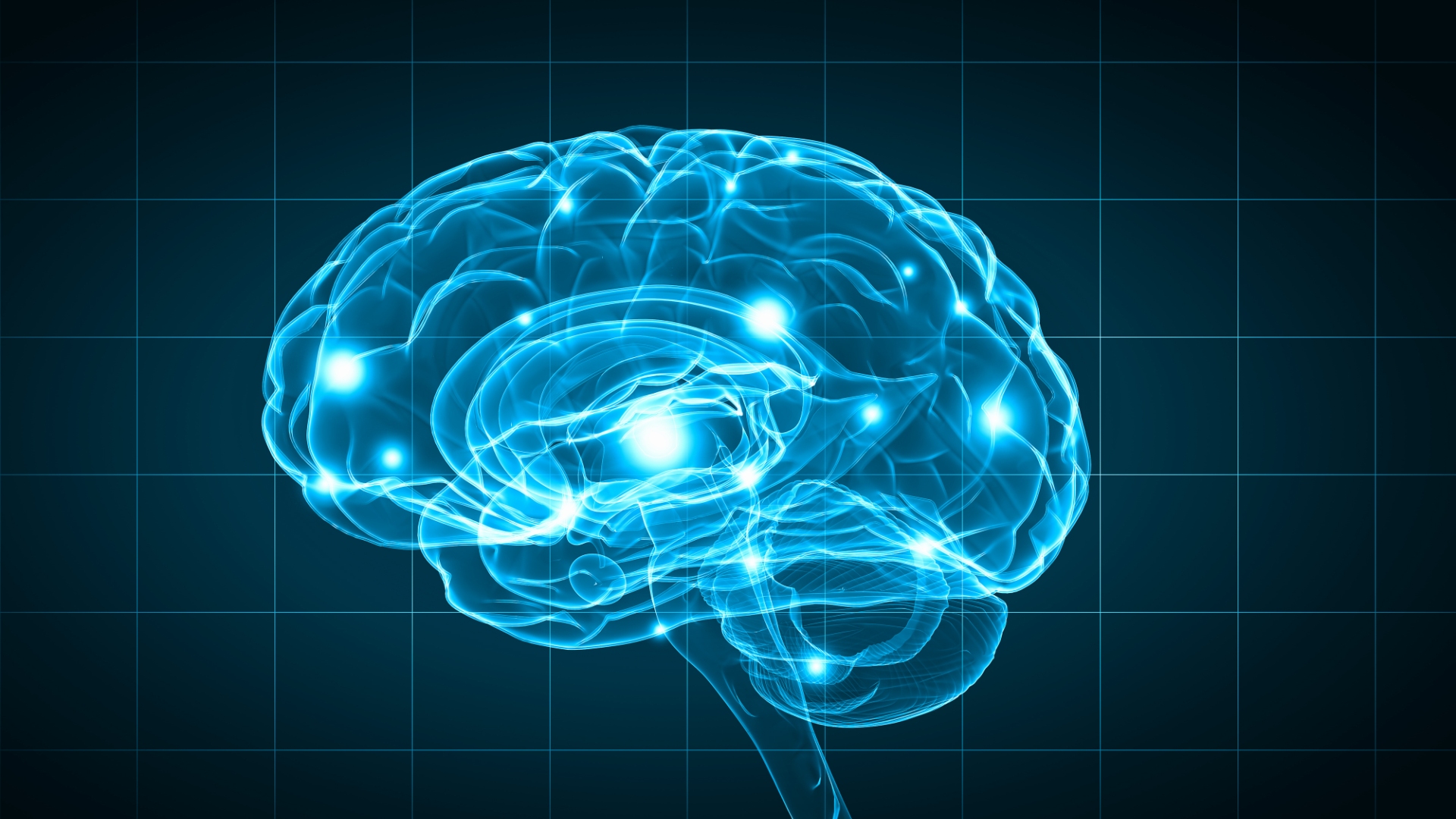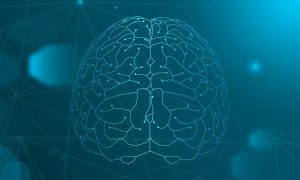Neuropsychological Evaluation
Evaluations are provided to diagnose various developmental, personality and behavioral-medical conditions. Typical evaluations involve assessments for ADHD, Autism Spectrum Disorders and other neurodevelopmental disorders, executive dysfunction, learning disabilities, traumatic brain injury, and neurodegenerative disturbances such as Alzheimer’s Disease and other dementias.
SignUp!
- Give your phone number, your name/name of patient, and patient’s birthday.
- When calling after hours and needing to leave a voicemail, clearly spell your email and above information. We may email you if we have difficulty contacting you by phone.
CompleteForm
Client Portal
Once we set you up on the portal, you can access your schedule, see your statements, and pay your bill online.
Click here: Client Portal

Neuropsychological
Evaluations
Dr. Jansons, Fellow of the American Board of Neuropsychology, provides neuropsychological testing for children, adolescents and adults. As a “window” into brain functioning, neuropsychological evaluation is a process involving the administration of a number of short tests. By analyzing patterns in test results, Dr. Jansons can provide valuable information to assist patients in obtaining the best care from their doctors.

